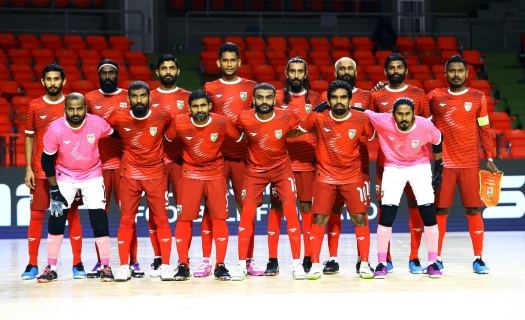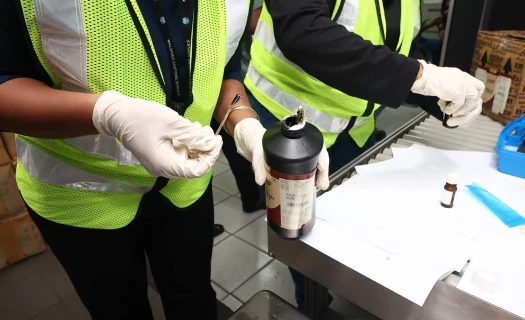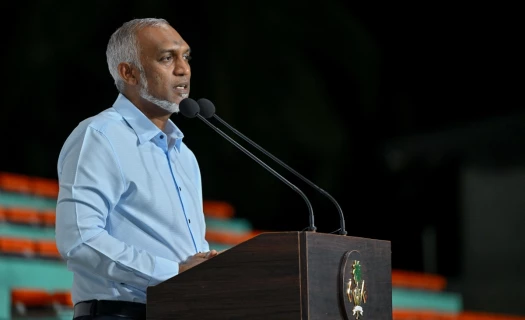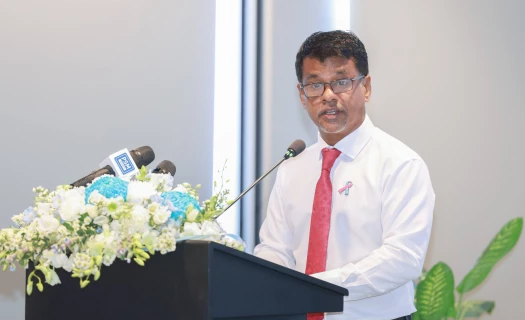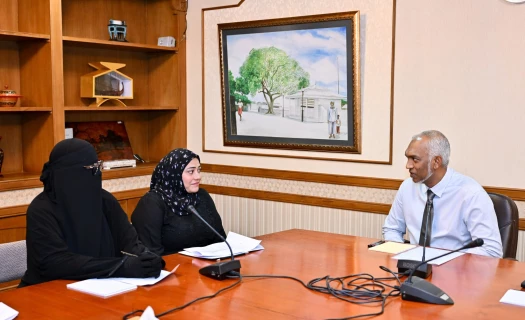Employee salary increases should be implemented in phases: MMA
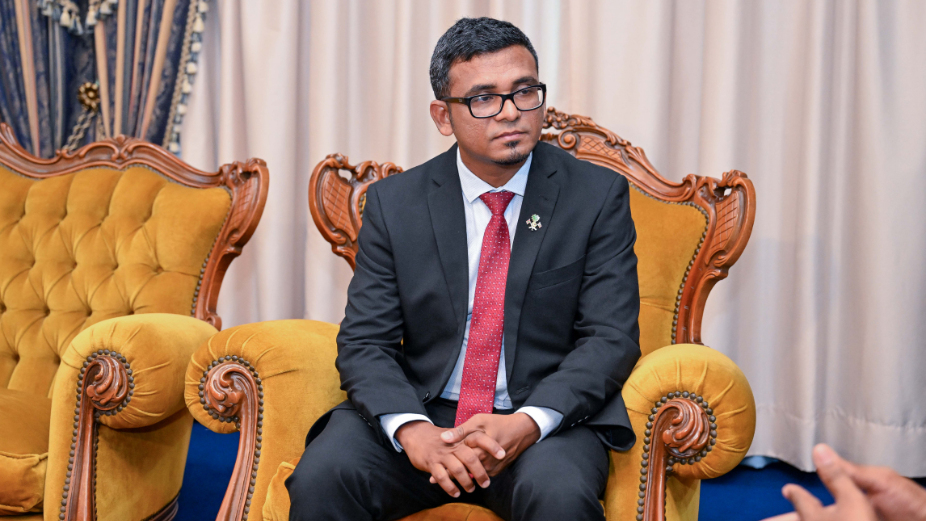
The Maldives Monetary Authority (MMA) has advised that the government should introduce employee salary increments in phases rather than implementing a simultaneous hike for all state workers. The recommendation was made during a briefing to the Parliament’s Budget Committee today.
MMA Governor Ahmed Munnawar said the most significant fiscal challenge for 2025 will be the planned rise in public sector salaries.
He noted that while efforts toward pay harmonization have been ongoing, a gradual increase is crucial due to the substantial budgetary impact.
According to Munnawar, the proposed salary adjustments represent nearly MVR 3 billion of the national budget.
Implementing the full increase at once, he warned, could place additional strain on the foreign exchange market.
He explained that Maldives currently receives foreign currency through the Foreign Currency Act, tax revenue, and other dollar-based income sources.
However, securing foreign loans has been difficult in recent years, limiting the MMA’s ability to stabilize the exchange rate. Munnawar stressed that although reserves may improve over time, foreign currency pressures remain a key risk for the coming year.
The Governor added that MMA will continue open market operations and deploy monetary policy tools to ease potential pressures.
The MMA highlighted that next year’s budget allocates MVR 1.7 billion for salary increases for civil servants and employees of independent institutions.
Despite this allocation, the central bank reiterated that raising salaries incrementally is the most fiscally responsible approach.
Munnawar also pointed out that with recurrent expenditure already consuming 99% of state revenue, the government will likely need to rely on additional borrowing to fund capital projects.
Providing further insight, MMA Research Executive Mariyam Rashfa told the committee that raising salaries for all employees at once could lead to higher inflation, increased pressure on the foreign currency market, and adverse effects on the Maldivian rufiyaa exchange rate.
MMA also urged the government to accelerate reforms to reduce recurrent expenditure, specifically recommending targeted subsidy adjustments, and reforms to Aasandha and medical welfare programs.
The authority warned that without improved efficiency in state-owned companies, subsidy burdens will continue to rise.
With the number of state employees expected to reach 54,000 next yearan increase of 7,000 the pressure on public finances is projected to intensify further.
